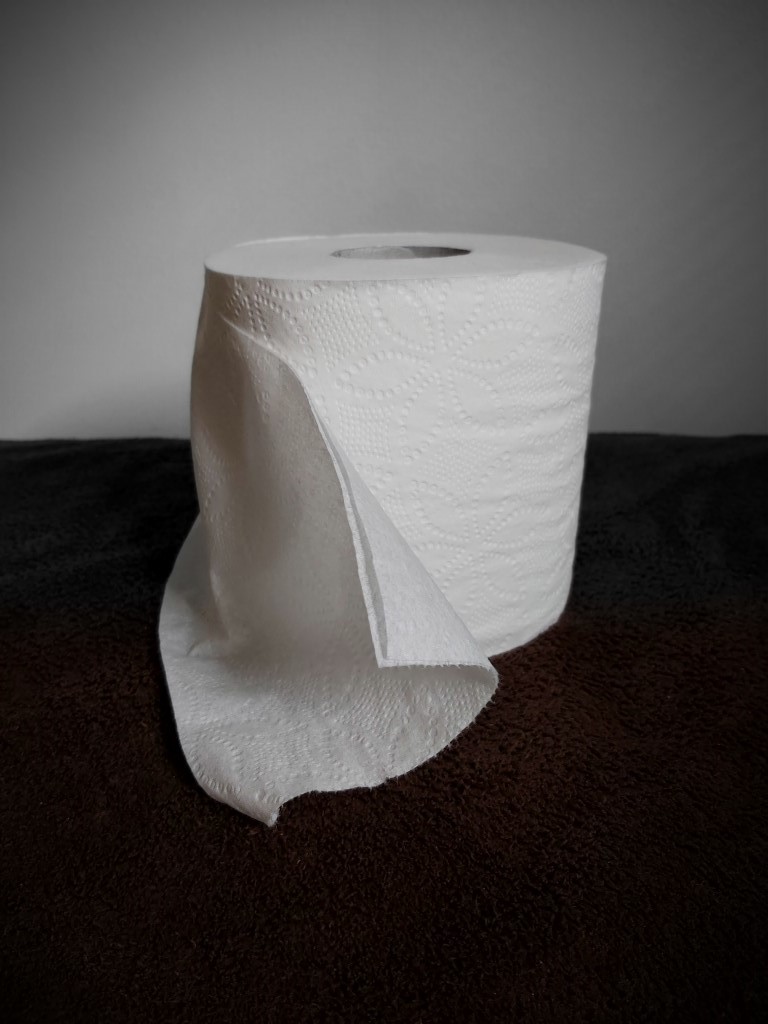
Hard times offer great lessons for us all
By EG Manilag, Staff Writer
A lot of bad things have happened… and we are not even close to ending the year. We have witnessed the Iran missile strike, Australian bushfires, and the current COVID-19 pandemic. But let us not forget that we can always choose to learn from these things. Whether situations are good or bad, there will always be valuable lessons.
We must appreciate every worker
Health professionals deserve appreciation but they’re not the only ones. Those who are working in public transportation, cleaning, food service, customer service, security service, and other careers that continue to maintain our economy and well-being absolutely deserve to be appreciated.
Even (and especially) when we are busy or in a panic, we must be grateful for their service. Appreciation is key. Appreciating workers would surely uplift their spirits in continuing their very busy day. A smile costs nothing—not even your precious time. As a person who works with building caretakers, I can say with pride that it is true that a little kindness goes a long way.
Together, we are stronger
This type of togetherness is not political. It does not resemble the collectivist ideals where the population is expected to prioritize group goals rather than individual goals.
Instead, this togetherness one that is very important in times of crisis like the COVID-19 pandemic. For example, togetherness is following the government’s instructions and guidelines in containing the virus—particularly self-isolation, social distancing, cleaning, disinfecting, and proper hygiene. Following these measures will help prevent the spread of any illnesses that could potentially be COVID-19 and protect those with compromised immune systems.
We should be compassionate
We can surely blame the Vancouver couple who tried to buy all the disinfectant wipes at several Costco stores, but we should be compassionate towards those who are panic buying in supermarkets. Those people could have five or more members in their family, or maybe they have just started their grocery shopping for the week.
It is very important to go beyond popular opinion and be considerate as to why some are stocking up. The only reason I could see is that people were stockpiling because they were not ready for a lockdown—especially a disease-related lockdown. And we know that when a lockdown is commenced, people cannot go outside and shop. Therefore, people mainly tend to stockpile toilet paper, alcohol, and disinfectants. This gives them a sense of comfort and security against the virus.
Media literacy is key
A simple understanding of what news is fake and which is not important is always essential—and especially during this time. This can prevent mass hysteria, and mass hysteria can be very dangerous. Now that we are shifting from in-class to online courses, we are getting even more dependent on social media. Because of this, we are being more routinely exposed to content that might be a lie. We may get misinformed and as a result, we panic. According to The Guardian, director general of WHO said that “fake news spreads faster and more easily than the virus” and that if we do not deal with this then “we are headed down a dark path that leads nowhere but division and disharmony.”



